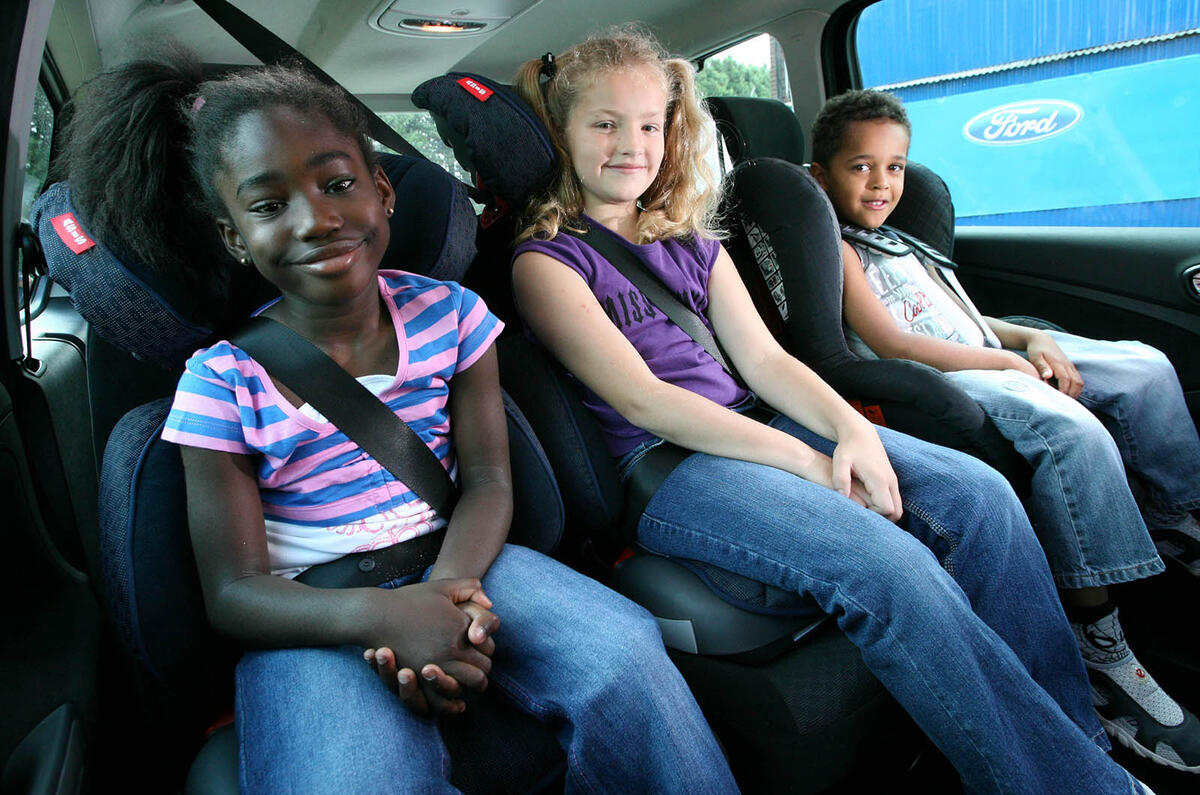Two days ago, as Ford announced that it is ramping up its autonomous car research by testing in Europe in addition to the United States, the manufacturer also revealed the results of its own research into customer attitudes towards self-driving vehicles.
It commissioned polling company Penn Schoen Berland to survey 5000 motorists across the UK, France, Germany, Norway and Spain during November.
Among the headline statistics, 16% of those who responded to Ford’s questions said they would be happy to let children travel alone in an autonomous car.
By extrapolation, of course, the response means 84% are less willing to trust their dearest to technology.
However, it does raise the prospect of school run chaos being alleviated as a swarm of self-driving vehicles, most likely communicating with each other, calmly negotiate their way to the school gate as opposed to the frantic battle to get as close as possible that characterises many of today’s journeys.
Nearly half of survey respondents thought driverless cars would be safer than those with humans at the wheel, so why not trust one to deliver your offspring in preference to a potentially fallible bus driver, for example?
Parents could pre-programme the route to school, set the security levels for the vehicle and use tracking technology for confirm that their child has arrived at school safe and sound. Does that sound appealing or would it leave you fraught with worry?
In the years ahead motorists across Europe will become increasingly familiar with autonomous cars as Ford and other manufacturers take to our roads with their test vehicles. Sharing the roads will be a key stage in the journey towards possible mass acceptance of self-driving cars.
Should Ford repeat its survey in, say, five years, it’s possible to imagine a higher proportion of parents will be happy to trust their kids to self-driving cars.




Join the debate
Add your comment
Help me ! :)
Help me ! :)
of course
From my point of view, the most important issue remains the human. If I let my children in this car, I wouldn't be afraid of the technology of the car itself but more of malicious people. An additional support service for children would be perfect..but not by a machine :)